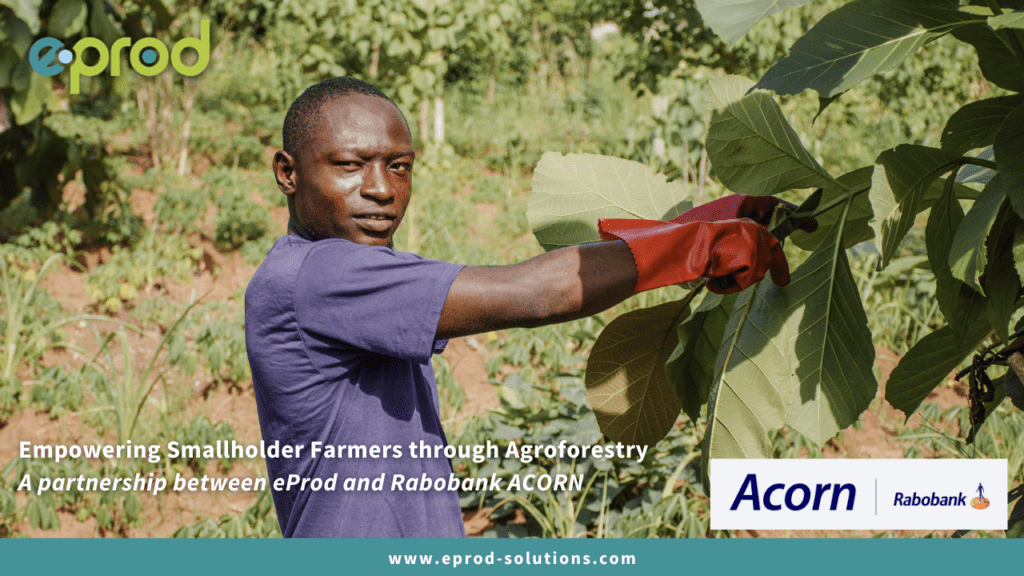
As temperatures are rising, carbon markets are heating up as well. The idea behind carbon credits is simple: where CO2 equivalent (CO2e) emissions are reduced or removed in one place; carbon credits can be traded to compensate emissions elsewhere. Carbon markets may either follow a nationally set carbon emissions cap for total emissions or function on a voluntary basis where businesses offset their emissions to fulfill self-proclaimed emission targets. There is a range of possibilities to reduce or remove carbon from the atmosphere. From high-tech solutions such as direct air-capture or mineralization to nature-based solutions through deforestation reduction, change in agricultural practices, or reforestation. As technologies differ, so do the types of carbon credits. Forest conservation is an example of carbon avoidance, as already stored carbon is secured in biomass and its release prevented. Carbon removal is an active way to capture carbon from the atmosphere, e.g., through reforestation. Both types of carbon credits are vital in the fight against climate change.
One way to engage smallholder farmers in the carbon market is by promoting the reforestation of farmland through agroforestry. Trees sequester atmospheric carbon and store it in their biomass. Agroforestry comes with a range of benefits next to carbon capture: biodiversity is enhanced, farmers’ incomes can be diversified through planting of fruit trees, soil health increased, and erosion risk reduced. On top of that, farmers can cash in on the carbon units they remove. One Carbon Removal Unit (CRU) equaling one ton of CO2 may vary in price, depending on supply and demand, but prices keep increasing. However, how much a farmer makes per ton CO2 removed depends greatly on the partner that facilitates the trading of the carbon credit. The sometimes coined “carbon cowboys” sell carbon credits made possible by smallholders without reimbursing them fairly. Through those practices, another vital benefit of carbon credits through agroforestry is missed: increasing the livelihoods of smallholder farmers. Additional income through carbon credits can make investments into farm technology like irrigation possible or free up time for education and community improvement. When done right, facilitating carbon removal projects can pay into a range of sustainable development goals.
Acorn, in cooperation with Rabobank, is thinking of CRUs holistically. Local partners identify areas where smallholder farmers could gain through agroforestry. A thorough process maps current biomass stocks and comes up with a strategy to increase carbon removal on the farm. CRUs are only offered ex-post once new biomass has been grown and therefore carbon has been sequestered. These CRUs are not a promise to remove carbon in the future but much rather stand for an already removed ton of carbon that can be sold to clients. However, not just any company can purchase CRUs from Acorn. Companies that want to purchase CRUs need to have a credible pledge and strategy in place to reduce carbon emissions in their own operations. The credits therefore function more as an unavoidable offset on the way to a better carbon footprint than a mere letter of indulgence. To achieve socio-economic improvements for smallholder farmers, Acorn promises 80% of the selling price per CRU paid out to farmers, with 10% going to local facilitation partners and the remainder to Acorn.
To ensure that one CRU represents a ton of carbon, a sophisticated methodology makes sure biomass growth is closely monitored and evaluated. A mix of satellite imagery, LiDAR (a three-dimensional laser scanning technology) and ground truth data is combined to get an accuracy rate of at a minimum 70%. eProd is a strong partner when it comes to collecting ground truth data. eProd’s polygon functionality allows field registration and mapping, while eProd also includes functionality to measure individual tree characteristics such as tree height and width, as well as to build an inventory of tree species and age. Further, eProd offers Acorn and other carbon off takers to manage pay outs from carbon credits to smallholder farmers. eProd is therefore an independent first-mile enabler to manage carbon credit agroforestry projects that improve the livelihoods of smallholder farmers in developing countries.
